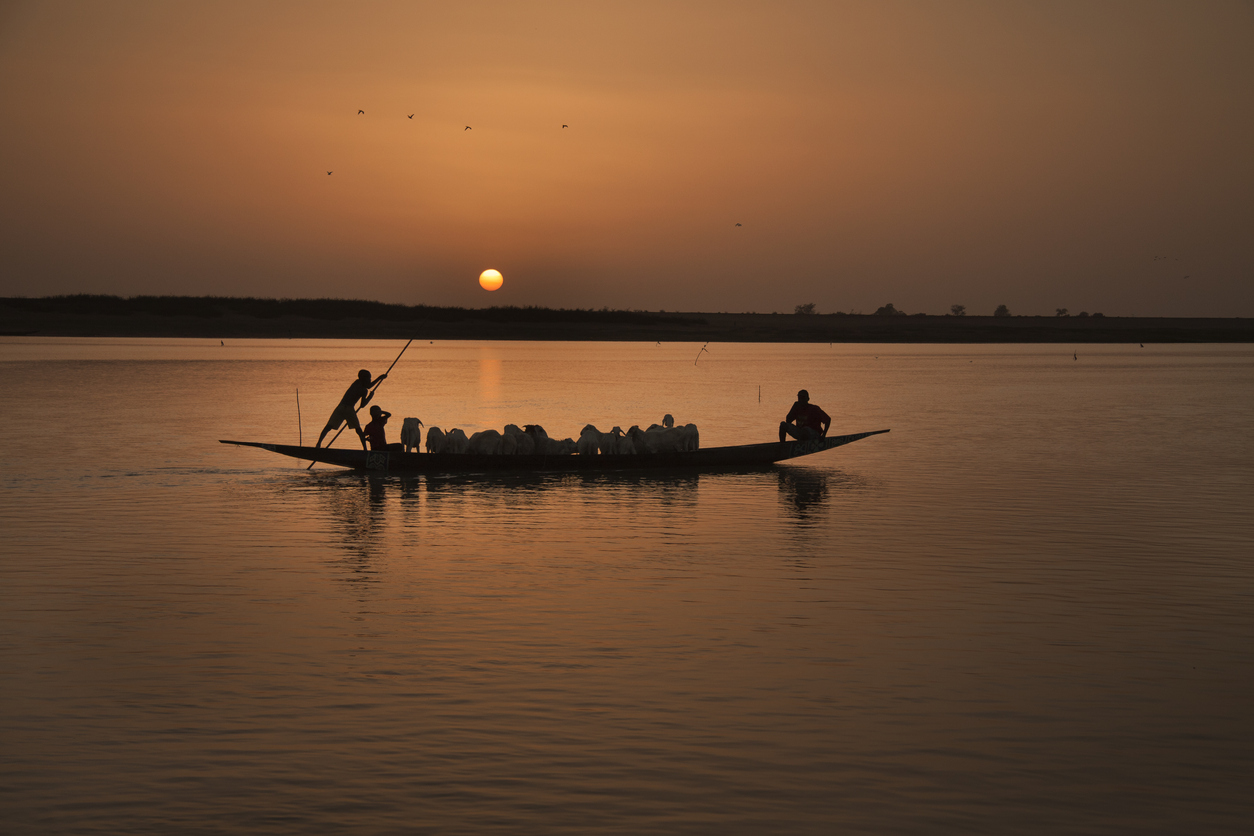2023/10/03
Niger’s Political Change; Break the Continuous Violence to Stabilize the Society in West Africa

The coup occurred in Niger, one of the world’s leading uranium-producing countries. On July 26, soldiers from Niger’s presidential guard detained the pro-European-and-American president, Mohamed Bazoum, and suspended the constitution. The national army concurred with this, and on July 28, they declared the establishment of a military government to be headed by General Abdourahamane Tiani, the commander of the presidential guard. In response to this, the Peace and Security Council of the African Union (AUPSC) notified the Niger junta to restore the constitutional order within 15 days; France, the former colonial power, the EU, and the US, announced the suspension of economic and military cooperation to Niger; and the Economic Community of West African States (ECOWAS) called for the reinstatement of Bazoum, suggesting the possibility of military intervention. The situation is rapidly becoming more unstable.
There have been coups frequently in West Africa since 2020. Coups occurred in Mali in August 2020 and May 2021, and in Burkina Faso in January 2022, both bordering Niger. Both countries are currently under military regimes, and Russia is increasing its political influence in both countries. The Wagner Group, a Russian private military company, was the one who had been in charge of military services in the past. Mali and Burkina Faso immediately voiced their support for this political change with a warning that any military intervention by ECOWAS would be “regarded as a declaration of war.”
Bazoum is a president who criticized the economic policies, counter-terrorism measures, and corruption of the previous administration, and came to power through a democratic process of “election.” He was also a strategically important partner for the US and Europe. However, the current government led by Bazoum has also been increasingly becoming authoritarian amid the rumored scandals of corruption and injustice. The news reports showed many citizens being happy with the ouster of Mazoum. The citizens seem to be fundamentally opposed to the oppressive government and poverty that have been existing since colonial times, and to the “ruling class” that receives enormous privileges by providing the nation’s resources, which are one of the nation’s interests, to economic powers.
The leader of the Niger’s military explained that the political change was intended to restore governance to become proper, but for whom does it have to be proper? If they also aim to monopolize interests by taking advantage of the prestige of another superpower, a new political opponent will be ready for the next coup sooner or later. The current challenge is to find a way to break this continuous vicious cycle, which cannot be solved by economic sanctions and military forces.
Every time the turmoil in West Africa is reported, I am reminded of a scene from the movie “Timbuktu” (originally released in France in 2014, and then released in Japan in 2015). Timbuktu, the ancient city of Mali, where an Islamic extremist group is taking control, people’s humble resistance to the forbidden music and laughter, and the long-lasting Niger River flowing effusively and swiftly ― beautiful images of these scenes are unforgettable.
[Related Post]
“TICAD 8 To be One of the Nearest Ways to Achieve Africa’s Independence and Democratization,” This Week’s Focus, August 26, 2022
This Week’s Focus, August 4
Takashi Mizukoshi, the President